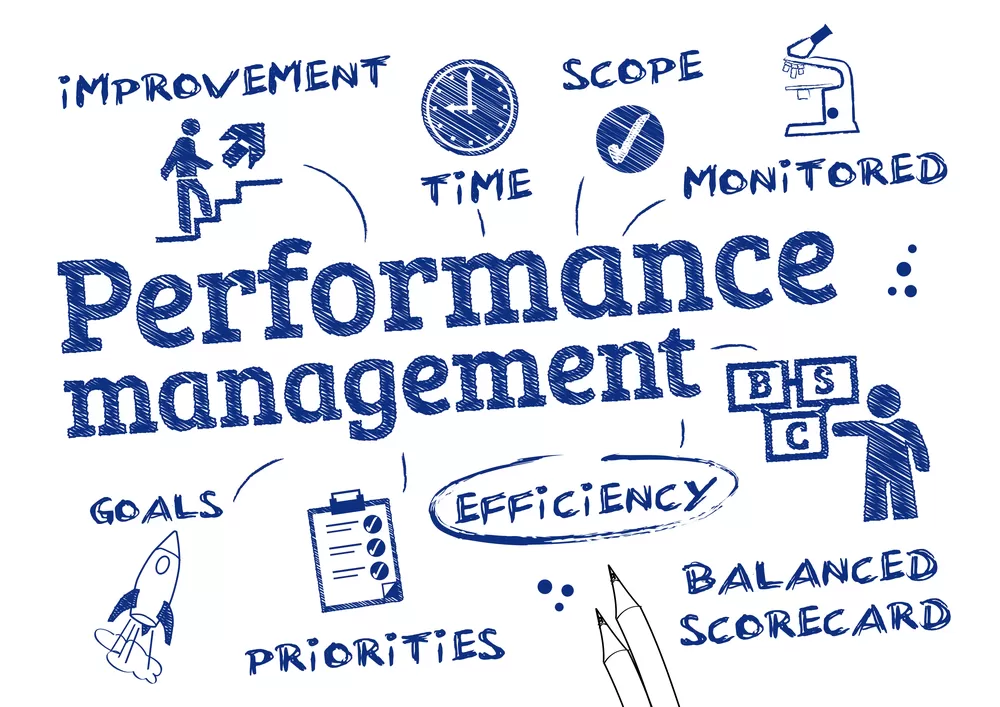Many companies are seeing a benefit to hiring a payroll systems analyst. Payroll systems analysts can be valuable to companies in any industry, as having a smooth payroll system is advantageous for any company with employees. A payroll systems analyst can be particularly beneficial for any company that has recently acquired a new payroll system, as a payroll analyst can deal with the intricacies of making the system work for the company.
Our 2024 Preferred HR Software Partners

Paycor HCM
By PaycorCompany Name
Paycor
Suitable Company Sizes
Small, Medium, Large
Support Available
Android, IOS, Web Browser, Windows
Primary Responsibilities of a Payroll Systems Analyst
Payroll systems analysts are generally responsible for ensuring that information flows properly into and out of the payroll system as needed so that employees are paid correctly and on time. Payroll systems analysts are accountable for all tasks connected to this goal, such as configuring the system to funnel time and attendance information into payroll and taking steps to correct system errors.
Payroll systems analysts are often responsible for a number of tasks relating to payroll and HR, such as:
- Report generation
- Support in analyzing payroll data
- Payroll process improvement
- Metrics management
- Maintaining systems interfaces
- Serving as payroll contact for internal departments and external vendors
- Regular payroll audits
- System updates
- Payroll processing as needed
Value to Organization
Payroll systems analysts don’t operate in a vacuum or work only with payroll information. They must function as a gatekeeper and guide between payroll and all of the other departments in the organization. It is the payroll analyst that collaborates with the IT department, finance, HR, and the front lines as needed to make sure that all information is flowing smoothly and fixes issues if applicable.
Experience Required for the Position
Most companies require about three to five years of experience in payroll, HR, or a related field for payroll systems analysts. A bachelor’s degree is the standard level of education required for the position. Payroll systems analysts may also need to have experience dealing with certain systems, such as Excel, UltiPro, or Business Intelligence Report Writer as necessary for the particular organization.
Personality traits required of systems analysts include customer service skills, communication expertise, math and analysis proficiency, and decisiveness. Payroll systems analysts must be able to adapt to situations and make a fast analysis to solve problems. A bit of technical savvy is also required, as payroll and HR systems are updated regularly and payroll systems experts must be able to navigate these changes.
Compensation and Benefits to Expect
According to glassdoor, the average base pay for a payroll systems analyst is $74,152. Many companies offer benefits such as 401(k) with matching, paid time off, top level healthcare, and paid parental leave. Benefits may also include profit sharing, tuition reimbursement, and wellness programs.
The position of payroll systems analyst is relatively new, but can help facilitate smooth operation of payroll system software. If your company is considering investing in payroll software, we may be able to help you select your best solution. Visit our HR software match page to get started, and then be sure to position a payroll systems analyst to help you get the ball rolling with the new solution.












